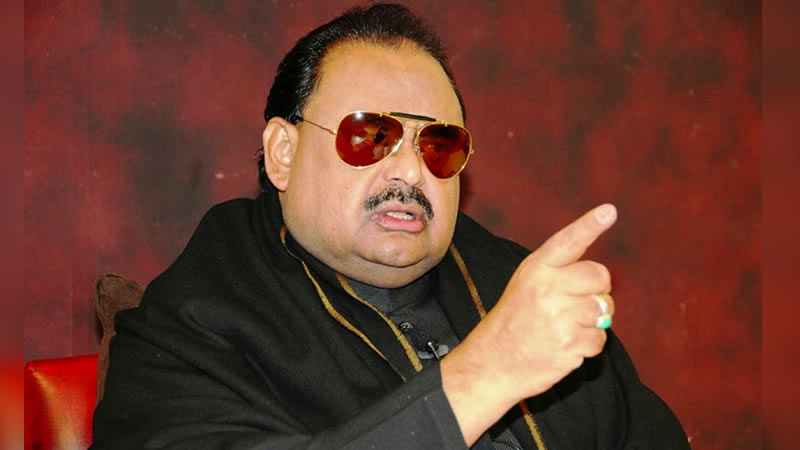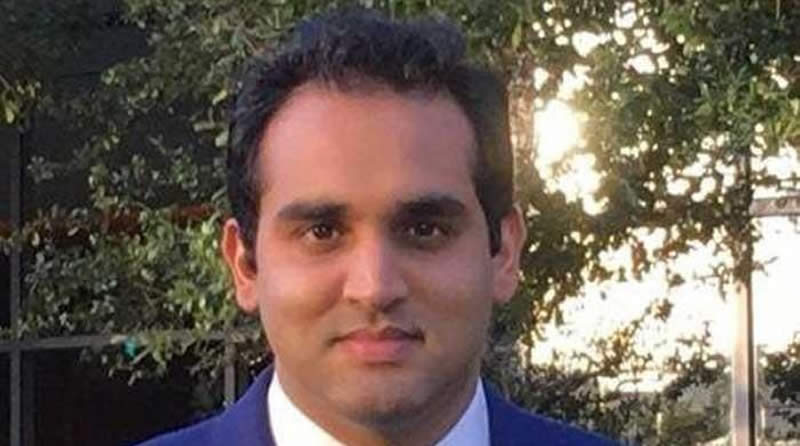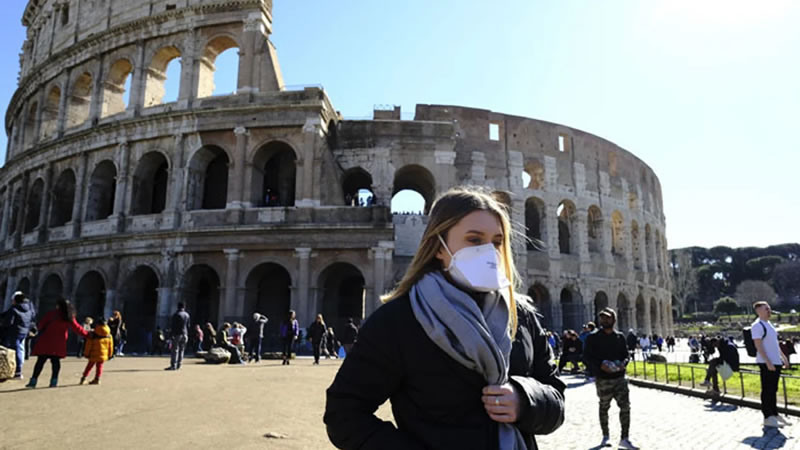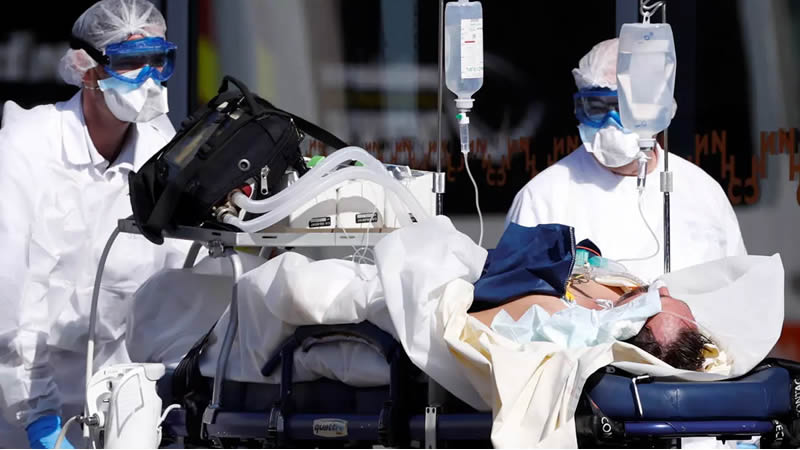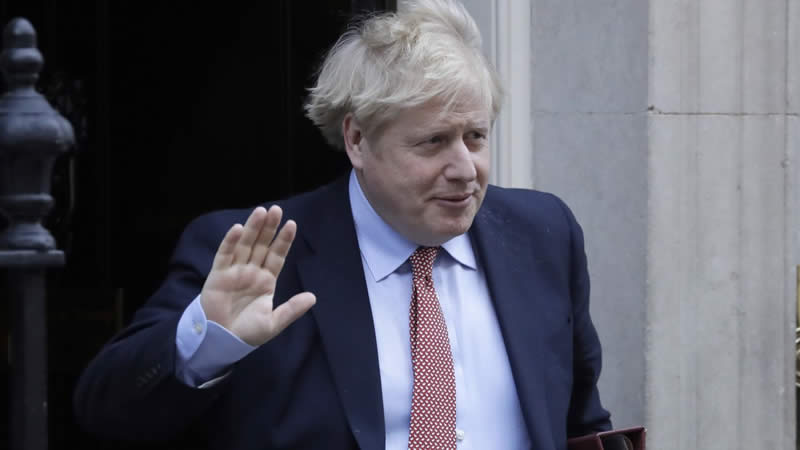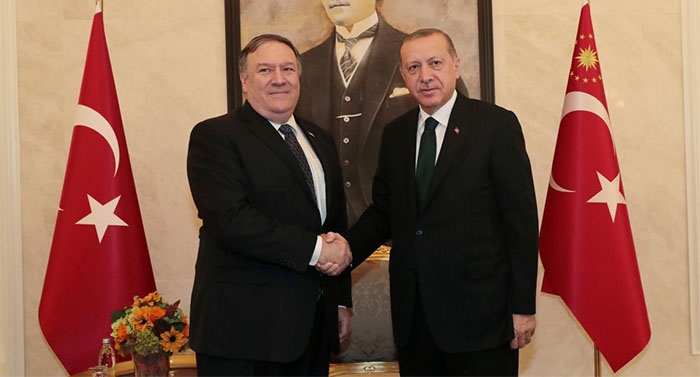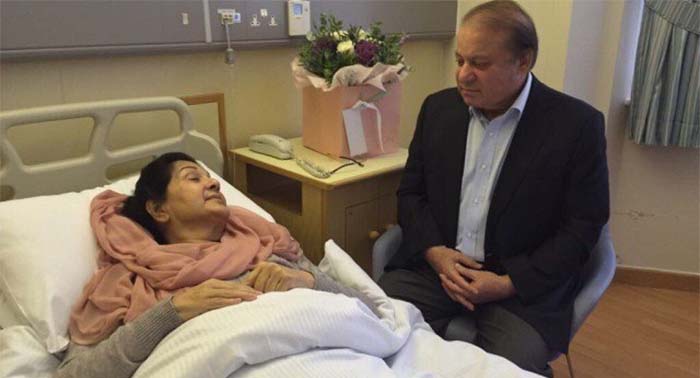 A key witness from inside the News of World newsroom says he will testify on the phone-hacking affair, both to police and an inquiry begun by parliament.
A key witness from inside the News of World newsroom says he will testify on the phone-hacking affair, both to police and an inquiry begun by parliament.
Ross Hall, a former employee who until now has been silent, told the Guardian tonight he was willing to talk to Scotland Yard and to the newly-announced home affairs select committee inquiry by MPs: “If asked, I will tell them what I know.” Metropolitan police sources said they planned to interview him.
Hall had been named in a previous MPs’ inquiry as the man who transcribed swaths of hacked voicemail messages for other journalists, including the tabloid’s chief reporter, Neville Thurlbeck.
His emergence came on a day when multiple developments put more pressure on the prime minister’s press adviser, Andy Coulson, who has been accused of “actively encouraging” the practice while editing the tabloid.
• Assistant commissioner John Yates told the home affairs committee that, in light of material published last week in the New York Times, police were likely to interview Coulson and “take stock after that”.
• Yates faced hostile questioning from MPs over whether the Met had warned potential victims of phone hacking; he declined to say whether owners of 91 mobiles whose PIN numbers were found on a list held by a private detective working for the News of the World were notified.
• Yates also conceded the Met’s original phone-hacking inquiry should have questioned Thurlbeck.
Hall was a central figure behind one of the most explosive items placed before a previous select committee inquiry, which heard how a lengthy email from Hall headed “Transcript for Neville” was never brought to prosecutors’ attention by police at the time.
It contained a record of the contents of a sequence of more than 30 voicemail messages from Gordon Taylor, chief executive of the Professional Footballers’ Association, who the paper was interested in. A typical message Hall listened to and transcribed at the time read: “Hiya kid. I’m just ringing to say thank you again.” Others were more personal, and all were unmistakeably transcribed from voicemail.
Friends of Hall said that he had made up to 20 such transcripts, on instructions from three different News of the World executives, but was unaware of anything illegal in his work.
Following his return from a round the world trip which made it impossible for him to be summoned to answer the committee’s questions, Hall in June found a job with a London PR firm.
He advertised himself on a professional networking website as someone with a “deep understanding of tabloid investigative techniques” gained from his role as “a senior reporter at the country’s biggest-selling newspaper”.
His friends said that he was unlikely to have had direct knowledge of Coulson’s alleged role, because he took instructions from others. But MPs are likely to want to ask about his personal links with NoW management: he is nephew of a former NoW editor, Phil Hall. News International’s lawyer, Tom Crone, told the committee Hall was a “junior reporter” of 20, made up from a job as messenger; he did not mention the high-level connection. News International later issued clarifications, conceding Hall was 28 at the time and saying Crone may have become confused by MPs’ interruptions.
Hall’s website entry says: “Ross currently helps clients facing scrutiny. Using his deep understanding of tabloid investigative techniques, he advises on how to neutralise media attacks.”
Police are expected to interview Hall about his knowledge of phone-hacking at the News of the World, who was involved, and whether senior bosses were aware of or condoned the practice. A source with knowledge of Scotland Yard’s thinking told the Guardian: “Any new evidence will be studied, any new witness will be talked to.”
The inquiry will be markedly different to the one in 2006, which ended with the jailing of a single reporter and one private investigator. Stung by criticism that police missed the systemic nature of wide scale phone-hacking, detectives will this time be directed to concentrate on the “senior level” at the News of the World and their “awareness” of phone hacking.
The investigation’s starting point will be the former reporter Sean Hoare, who has given media interviews contradicting Coulson’s account that, despite being editor of the News of the World, he knew nothing of the practice.
Police and the Crown Prosecution Service will have to decide whether Hoare is interviewed as a witness, or under criminal caution as a potential suspect. After his interview and its contents are discussed with the CPS, Coulson will be interviewed. It is expected he will be questioned as a witness, but strong testimony from Hoare could mean the prime minister’s top media aide is questioned as a criminal suspect.
The source said detectives would be hoping Hoare is able to name others who can corroborate that phone-hacking took place and senior executives knew about it. “The investigation will not go for the troops, unless there is strong evidence. It is looking for evidence of complicity at the senior level, and with corroboration …. evidence there was a conspiracy at the News of the World to hack phones.”
Detectives will be told the investigation must be thorough, as the Yard’s reputation has suffered because of criticism of its first investigation, and officers are described as “geared up for it”. Police expect the home affairs committee inquiry will be postponed until detectives finish inquiries and the CPS has made a decision. -guardian


